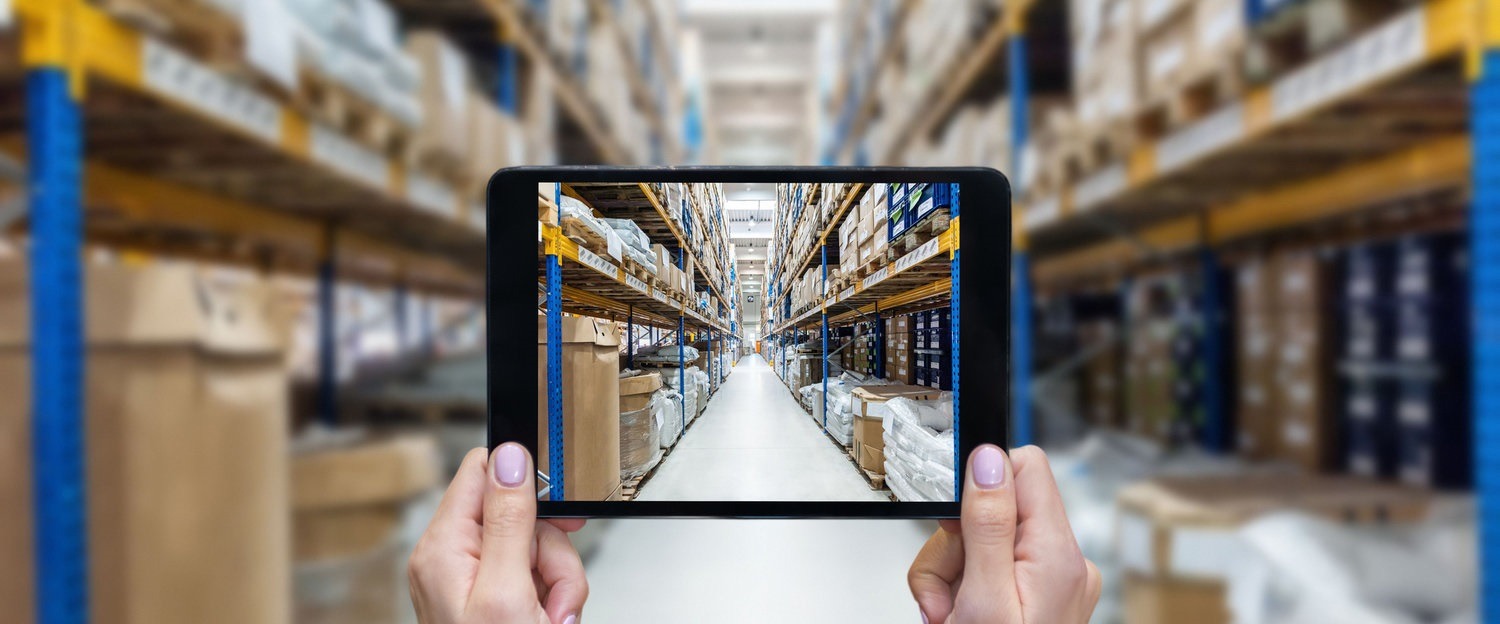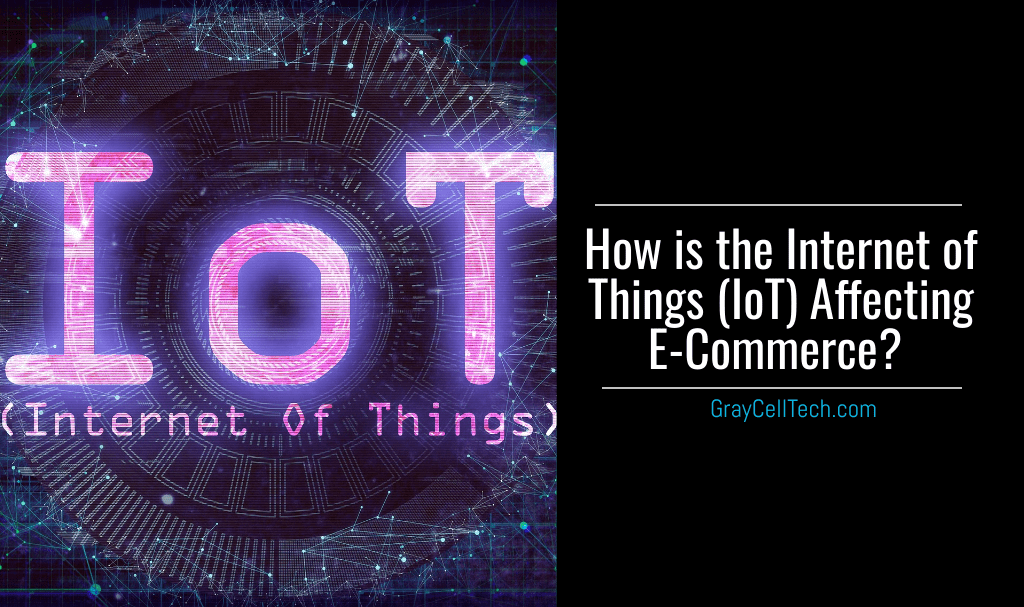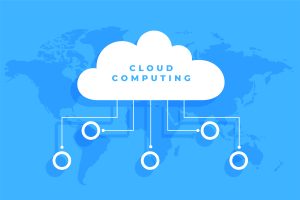The development of mobile and the internet has become so enthralling that people adopted this integration for enjoying services like online shopping and online transactions, which resulted in the augmentation of the growth of e-commerce industries. We really need to thank the technology used behind the e-commerce business i.e., the Internet of Things (or IoT), which allowed retailers to sell their products around the globe.
Additionally, this technology has made both shopping and payments so easy and hassle-free that it enhanced the number of online customers. According to tech giants, the internet of things is among the top six tech trends of 2020.
Impact of IoT on E-commerce Business
The term IoT was coined by a UK based entrepreneur Kevin Ashton. In simple words, the internet of things refers to multiple physical devices that communicate with each other using the internet without any human intervention. This technology has already created a buzz in the market. But do you know how this technology is empowering the e-commerce business? Let’s have a look at how IoT is impacting the e-commerce industry.
Smooth Supply Chain Management
The supply chain is one of the biggest concerned areas of any e-commerce business. If one part of the supply chain is faulty, it affects the operations in other areas. Hence, the whole supply chain must work efficiently and smoothly. This has now become possible through the internet of things.
The IoT ecosystem is capable of streamlining the process of the supply chain. It can easily transport goods from one place to another and track products from the manufacturing stage until the delivery to customers. To trace items in transit, technologies like GPS and RFID help in providing information like location, distance, etc. This ensures quick responsive measures to deliver products within the specified time.
One can easily know the route and speed of the shipped product and forecast its arrival time period. IoT uses sensors on the vehicle to do real-time monitoring and prevent the shipped products from being misplaced or lost.
Real-time Inventory Management

Earlier inventory management was the most difficult task for e-commerce stores. Keeping track of inventory in real-time has now become possible due to the internet of things. IoT can manage stocks in real-time through sensors and RFID. This eventually helps to streamline the entire inventory management system. As the monitoring and tracking of various inventory items improved, the errors in re-ordering items got reduced.
The system can automatically save information like product type, batch ID, manufacturer’s name, etc. without any human intervention. Smart shelves are used to overcome consumer dissatisfaction and complaints related to out-of-stock products. IoT is not only capable of tracking the number of sold products, but it can also place orders automatically.
Personalized Customer Experiences
IoT start-ups offer personalized services to their customers, which is the key requirement of a successful business. IoT businesses recommend products to customers based on their past purchases and online browsing. The internet of things can greatly help in understanding customer behavior and influencing their purchase decisions.
IoT systems enable retailers to gather information related to a consumer (such as buying habits, location, and online behavior). If a retailer employs IoT technology, he can gather a high amount of consumer data than its competitors and, therefore, serve its customers in a more personalized manner.
Based on the shopping patterns of an individual, retailers can create bespoke marketing campaigns. Thus, IoT services can efficiently cater to the needs of each customer.
Automated Purchasing

IoT systems can automatically order products that a consumer would like to buy. The consumer has to adjust the IoT system settings to enjoy the automated purchasing service. If a consumer account is linked with an e-commerce platform and if that platform is integrated with IoT, then the consumer will be notified whenever any product is going to be out-of-stock and the system can automatically buy the product for you.
Improve Revenue Opportunities
IoT assists companies to benefit from renewed business models and solutions and thus, provides new business opportunities. This technology aids in transforming how companies reach the global audience, thereby, enhancing the consumer experience. Hence, blending e-commerce platforms with IoT, entrepreneurs can seamlessly achieve their business objectives and improve their business revenues.
Conclusion
E-commerce businesses such as Amazon, eBay, and Alibaba have already started using the internet of things along with other advanced technologies (like artificial intelligence, machine learning, and big data). IoT improves many critical factors, for instance, quality management, planning, analysis, and tracking that play a crucial role in organizational success.
IoT applications allow retailers to improve their customer relations, which helps to enhance their image in the global market. Although IoT is positively impacting the e-commerce industry, yet it depends on the entrepreneur how to use this technology to attain the maximum benefits.
With the increasing penetration of IoT, the e-commerce market will continue to grow in the coming years and tremendously impact retailers and online consumers.






